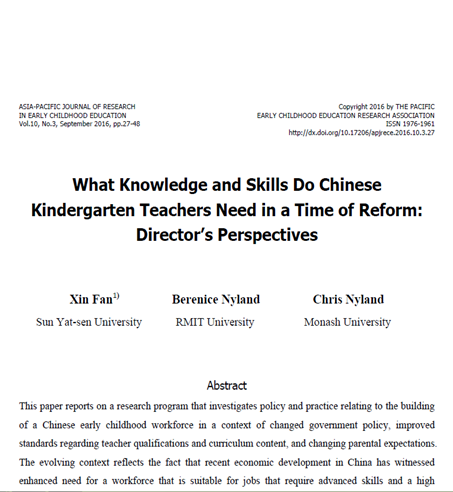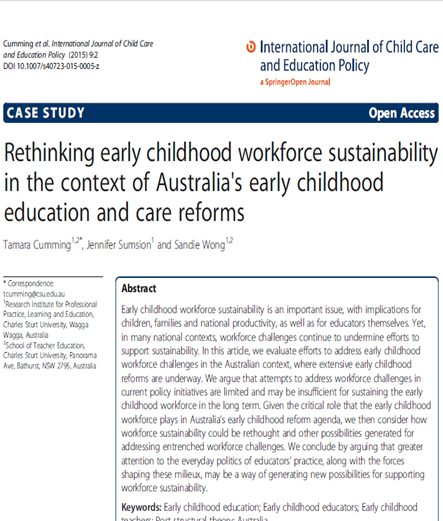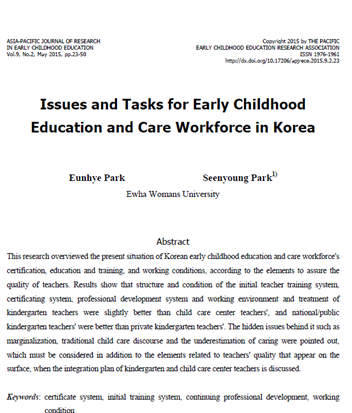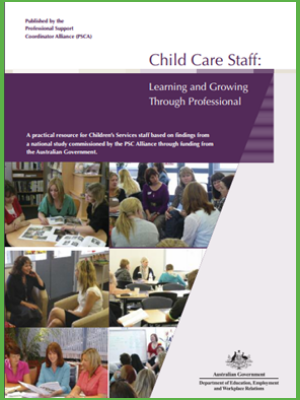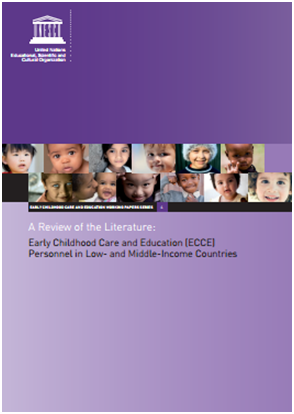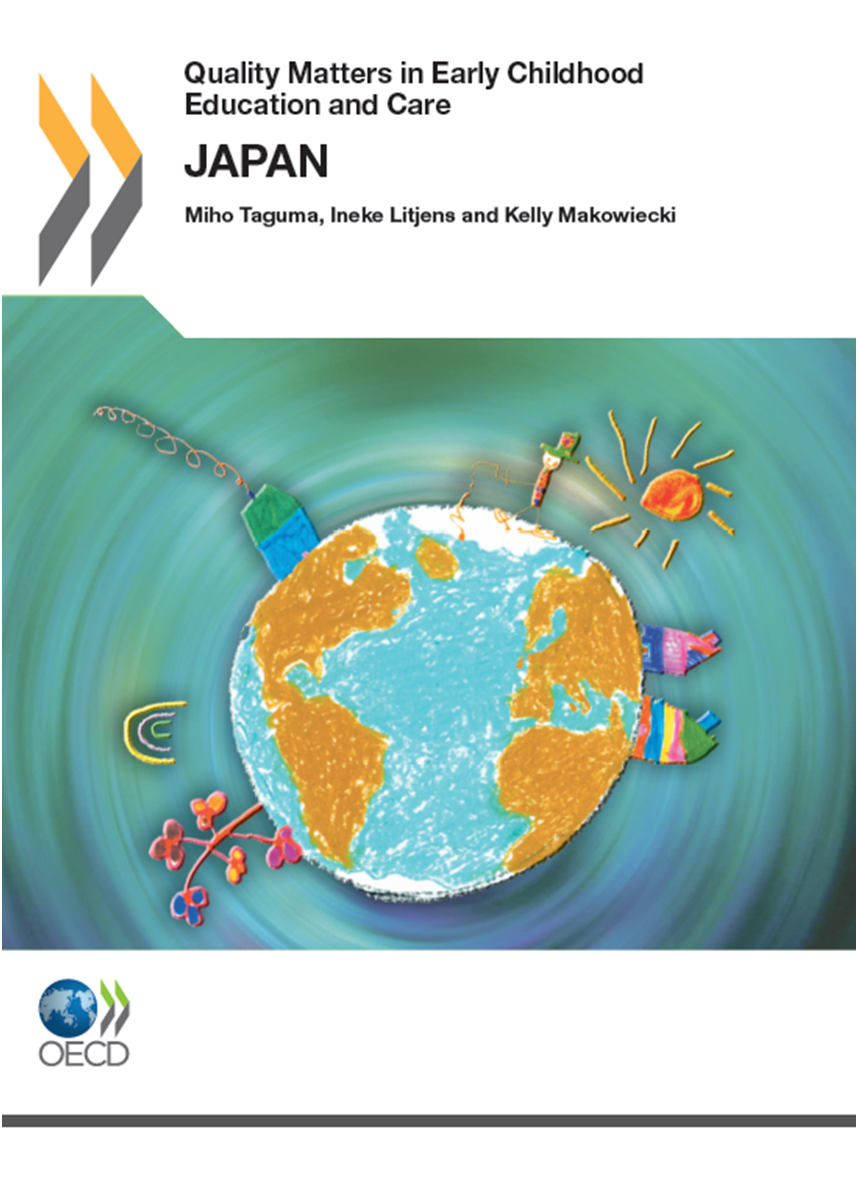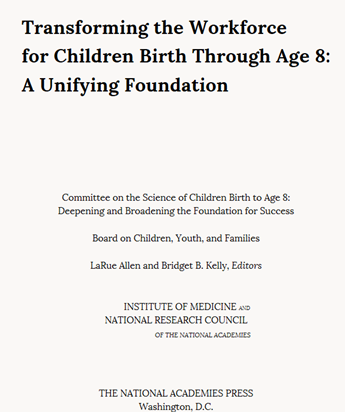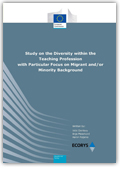The Early Childhood Education Workforce in Europe Between Divergencies and Emergencies
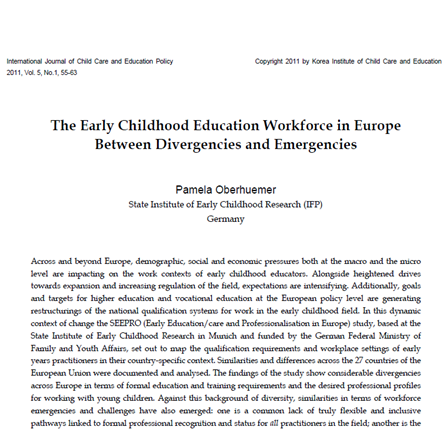
Across and beyond Europe, demographic, social and economic pressures both at the macro and the micro level are impacting on the work contexts of early childhood educators. Alongside heightened drives towards expansion and increasing regulation of the field, expectations are intensifying. Additionally, goals and targets for higher education and vocational education at the European policy level are generating restructurings of the national qualification systems for work in the early childhood field. In this dynamic context of change the SEEPRO (Early Education/care and Professionalisation in Europe) study, based at the State Institute of Early Childhood Research in Munich and funded by the German Federal Ministry of Family and Youth Affairs, set out to map the qualification requirements and workplace settings of early years practitioners in their country-specific context. Similarities and differences across the 27 countries of the European Union were documented and analysed. The findings of the study show considerable divergencies across Europe in terms of formal education and training requirements and the desired professional profiles for working with young children. Against this background of diversity, similarities in terms of workforce emergencies and challenges have also emerged: one is a common lack of truly flexible and inclusive pathways linked to formal professional recognition and status for all practitioners in the field; another is the continuing need to seek more effective ways of including men in the early childhood workforce.
ijccep.springeropen.com


